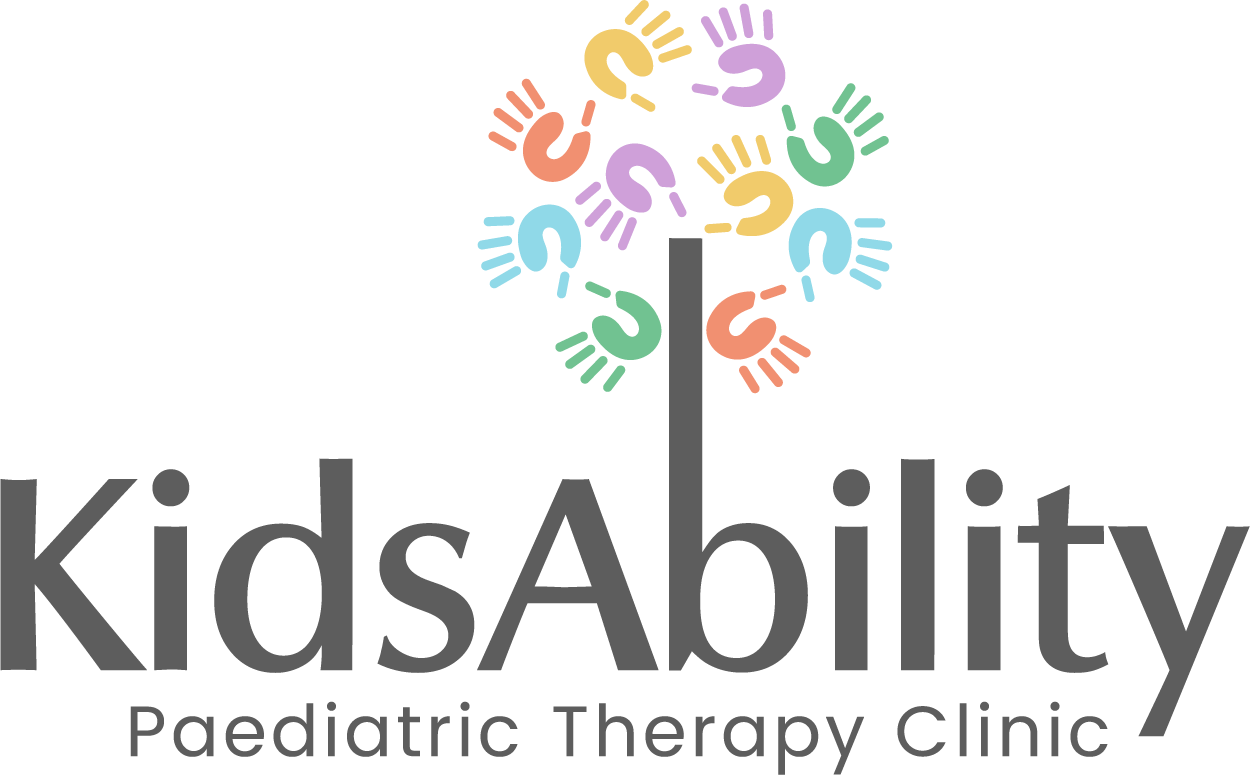Clinical Psychology

The mission of a Child and Adolescent Psychologist is to facilitate children’s and adolescents’ optimal development through treatments and assessments. Their clientele may include children with a variety of developmental issues – from learning disabilities to social and emotional developmental delays.
A Psychologist can help with proper diagnosis when there are questions around; attention deficit disorder, autism, obsessive compulsive disorder, anxiety, dyslexia, dyscalculia and/or dysgraphia.
When a complex set of symptoms in a child are presented, it is important that a psychologist can arrive at the best diagnosis. More so than other mental health professionals, psychologists are experts in conducting psychological tests.
Our Clinical Psychologist conducts a variety of assessments. Assessments involve comprehensive testing to obtain information regarding an individual on various levels such as; cognitive, academic, emotional, behavioural, social functioning and neurodevelopment.
- Psychoeducational
- IQ Testing
- Neuropsychological Testing
- Social/Emotional/Behavioural
Our Clinical Psychologist can help your child work through difficulties with:
- Attention and Concentration
- Anxiety
- Depression
- Lack of Self Esteem
Obsessions/Compulsions
Our Clinical Psychologist will also coach parents through developmental uncertainties. Most of the parental coaching is done through the lens of Positive Psychology.
There are a number of key signs that indicate that your child may benefit from an assessment or therapy. These include:
- Difficulty concentrating or following directions
- Fidgeting or excessive movement
- Becoming easily overwhelmed in situations
- Challenging behaviours
- Gets angry when he/she comes home from school
- Stops doing the things he/she used to enjoy
- Messy, poorly constructed or laboured handwriting
- Difficulty with reading
- Difficulty with expressive and receptive language
- Withdrawing from social situations, difficulty making friends
- Social awareness
- Reduced confidence, anxiety or avoidance of activities
Educational Assessments
How Can an Educational Assessment (EdPsych) Help my Child?
Comprehensive Educational Assessments help parents and educators gain insight to a child’s unique learning profile. They assess areas of mental functioning related to memory, the ability to pay attention to tasks and to solve problems. They assist parents and educators to make informed decisions regarding their child’s educational placement, optimal learning environment and individual learning needs.
An Educational Assessment can Include:
- A parental interview to gather some history about your child and their development
- Administration of a standardised cognitive (intelligence) test (WPPSI-IV; WISC-V or WAIS -IV)
- Administration of an Acheivement Test (e.g. WIAT III)
- Administraiton of additional assessements in areas of possible difficuties such as ADHD, Dysgraphia, Executive Functions
- A detailed assessment report of findings
- Tailored behavioural and educational recommendations for your child
- A parental feedback session to discuss your child’s assessment and answer any questions you may have.
Child Development Assessments
A developmental assessment is a comprehensive evaluation of a child’s physical, intellectual, language, social and emotional development. They are usually conducted when a parent, educator or medical health professional identifies that a child is experiencing difficulty in one or more of these areas. A physician referral for an assessment is required when claiming with insurance, however should you not seek a referral we highly recommend you share your concerns with your paediatrician as it is often in the best interest of the child to work closely with other health professionals to uncover areas of developmental difficulty. An assessment can be used to uncover the nature of the developmental concern and to carefully target interventions to assist your child toward their optimal development.
As each assessment is uniquely tailored for the individual needs of the child we encourage you to give us a call about these assessment services.
The following steps are involved in the assessment:
- A parental interview to gather some history about your child and their development
- Administration of a standardized cognitive (intelligence) test (WPPSI-IV,WISC-V, WIAT-4 and NEPSY-II)
- Administration of social/emotional and theory of mind tests to get a more complete overview
- A detailed assessment report of findings
- Tailored behavioural and educational recommendations for your child
- A parental feedback session to discuss your child’s assessment and answer any questions you may have.
- Cognitive Behaviour Therapy
- CogMed – Working Memory Training for Attention Deficit
- NeuroLinguistic Programming
- Penn Resilience Program – Resilience Training
Parental Coaching – guided by Positive Psychology
CogMed- Working Memory training for ADHD
Resilience Training
- Reduces Anxiety – aiding concentration and ability to learn
- Develops effective Social Skills
- Builds self-efficacy and self-esteem
- Develops problem solving, decision making and negotiation skills
- Increases emotional awareness
- Reduces anger
- Teaches you how to bounce back from difficulties
- The Penn Resiliency Program (PRP) is designed by the founding father of Positive Psychology Dr. Seligman and his research team.
- It is a group intervention for 7 to 16 year olds.
- The programme teaches cognitive-behavioural and social problem-solving skills and is based in part on cognitive-behavioural theories of depression.
- Central to the PRP is the notion that our beliefs about events mediate their impact on our emotions and behaviour. Through this model, students learn to detect inaccurate thoughts, to evaluate the accuracy of those thoughts, and to challenge negative beliefs by considering alternative interpretations
- PRP also teaches a variety of strategies that can be used for solving problems and coping with difficult situations and emotions. Students learn techniques for assertiveness, negotiation, decision-making, social problem-solving, and relaxation.
- The skills taught in the program can be applied to many contexts of life, including relationships with peers and family members as well as achievement in academics or other activities.*
- PRP is typically delivered in 12 sessions and ranges from 45 to 60 minutes depending on age group.
- Children are divided by age into three groups: 7-9, 10-13, 14-17 years old
- Within each lesson, resilience concepts and skills are presented and practiced in a variety of ways.
- Skills are introduced through skits, role plays, short stories, or cartoons that illustrate the core concepts.
- Once the child has a firm understanding of these concepts, students discuss situations in which they used, or could have used, the concepts they have just learned.
- They are then encouraged to use the new skills in their daily life as part of their weekly homework.
- PRP is backed up now by 15 years of research. It has been evaluated in at least 13 controlled studies with more than 2,000 children and adolescents.
- Taken together, the existing studies suggest that PRP prevents symptoms of depression and anxiety and increase social skills and academic achievement.
- PRP’s effects also appear to be long-lasting. In studies that include long-term follow-ups, PRP’s effects sometimes endure for two years or more. In several studies, PRP has prevented elevated or clinically relevant levels of depression and anxiety symptoms.
Contact Us
- Unit 8 Midtown Plaza, 273 Elgin Avenue. P.O. Box 2787, KY1-1112 Grand Cayman, Cayman Islands
- (345) 943-5437
- info@kidsability.ky
Opening Hours
- Monday-Friday 8:00 AM – 5:00 PM
- Saturday 8:00AM - 4:00 PM
Subscribe To Newsletter
- 2023 KidsAbility. All Rights Reserved.
